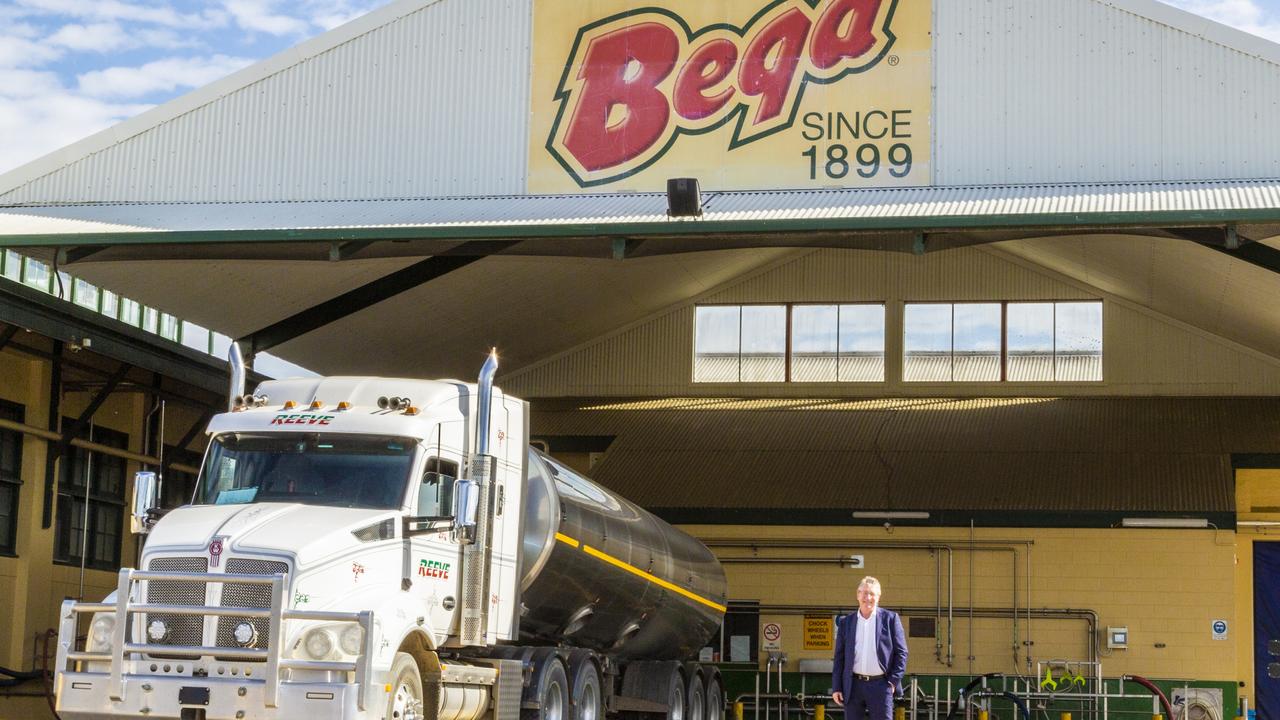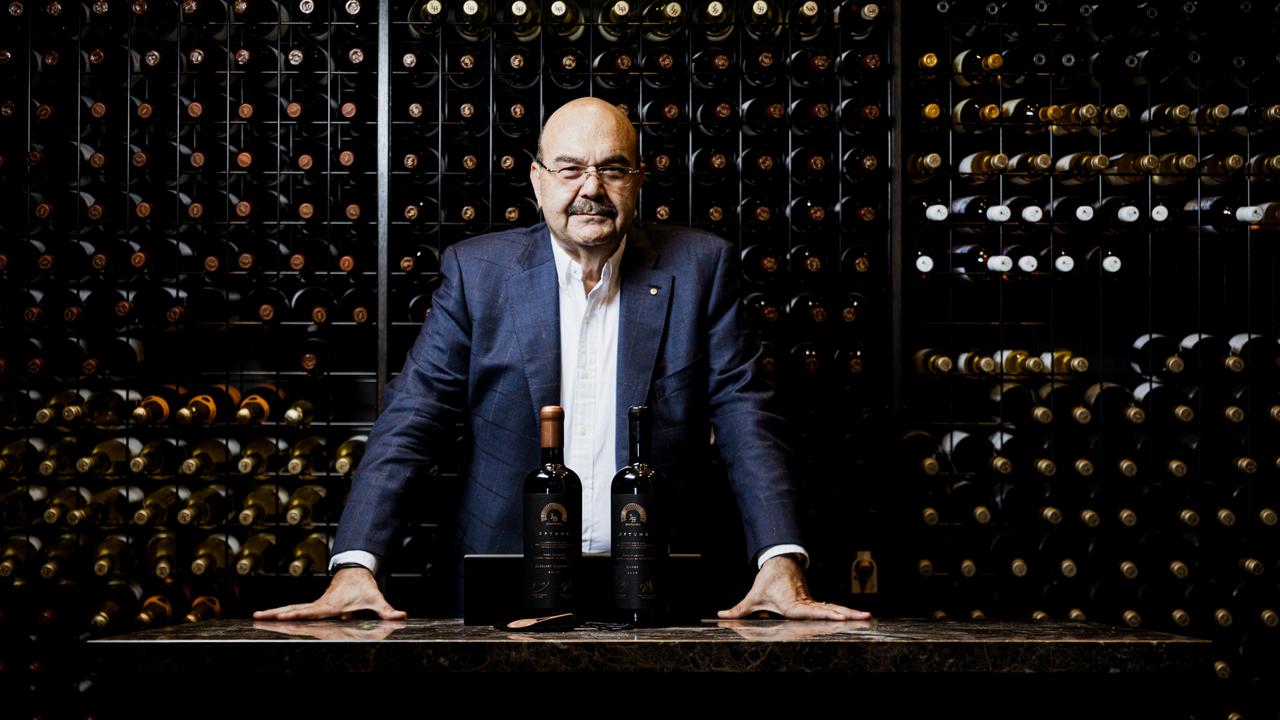Senex Energy strikes 10-year gas deal for Atlas development as pressure on Labor grows
Senex has struck its second gas supply deal as it seeks to sway the government to back new developments despite some voter opposition.

Business
Don't miss out on the headlines from Business. Followed categories will be added to My News.
Senex Energy has agreed to sell 14 petajoules of natural gas from its proposed $1bn Atlas project in Queensland over 10 years to Orora, indicating a likely go-ahead for the expansion that was halted after federal government intervention into energy markets.
Senex – owned by South Korean steel giant Posco and Gina Rinehart’s Hancock Energy – has proposed expanding its Atlas project that offers some respite to the east coast gas market.
Work on the development was suspended in December 2022 after Labor introduced a mandatory code of conduct that inserted a reasonable price provision.
Tensions between the government and the gas industry have tempered in recent weeks after Labor softened some key elements of the code of conduct, although Senex and other developers want to see the full text of the legislation before committing to restarting work on the project.
Barring any unexpected inclusions, work on a spate of new gas developments is expected to restart from mid July. But Senex still requires federal approval under the Environment Protection and Biodiversity Conservation Act, leaving it dependent on the government.
In a deal that will demonstrate market demand for gas, Senex said it had struck a conditional supply deal for Atlas with South Australia-based manufacturer Orora.

“This decade-long gas deal will not only provide Orora with a currently non-substitutable industrial heating source necessary for manufacturing, but also to power Orora’s efforts to decarbonise and grow the circular economy by creating products that can be infinitely recycled and reused,” Senex Energy chief executive Ian Davies said.
“Natural gas is essential for Australia’s manufacturing industry, providing the on-demand, highly-controllable heat required for making essential products like glass bottles.”
Senex earlier this month struck a 10-year deal with AGL Energy and the gas developer said it expected more to come.

The spate of deals will facilitate funding for Senex if it proceeds with a final investment decision, but Senex will hope the length of the contracts will also demonstrate how tight market supplies are.
The federal government has insisted it believes gas is fundamental to the country’s transition away from coal.
But the industry is sceptical about Labor’s commitment to gas as the government grapples with rising popularity for The Greens, which have campaigned on a platform of opposing any new gas developments.
Orora managing director and chief executive officer Brian Lowe said that locking in a 10-year gas supply deal was important for its future manufacturing operations.
“This secure and long-term gas supply supports our interim goal to achieve a 40 per cent reduction in greenhouse gas emissions from 2019 levels by 2035,” Mr Lowe said.
“We are implementing new technologies such as our oxygen-fuelled furnace at our Gawler plant in South Australia and increasing electrification using renewable energy sources such as wind and solar across our sites; this all contributes to our goal of achieving net zero greenhouse gas emissions by 2050.”
Australia is one of the world’s largest exporters of liquefied natural gas, but the country’s east coast faces a looming shortage as traditional sources run dry and new developments struggle to secure necessary support.
Originally published as Senex Energy strikes 10-year gas deal for Atlas development as pressure on Labor grows



